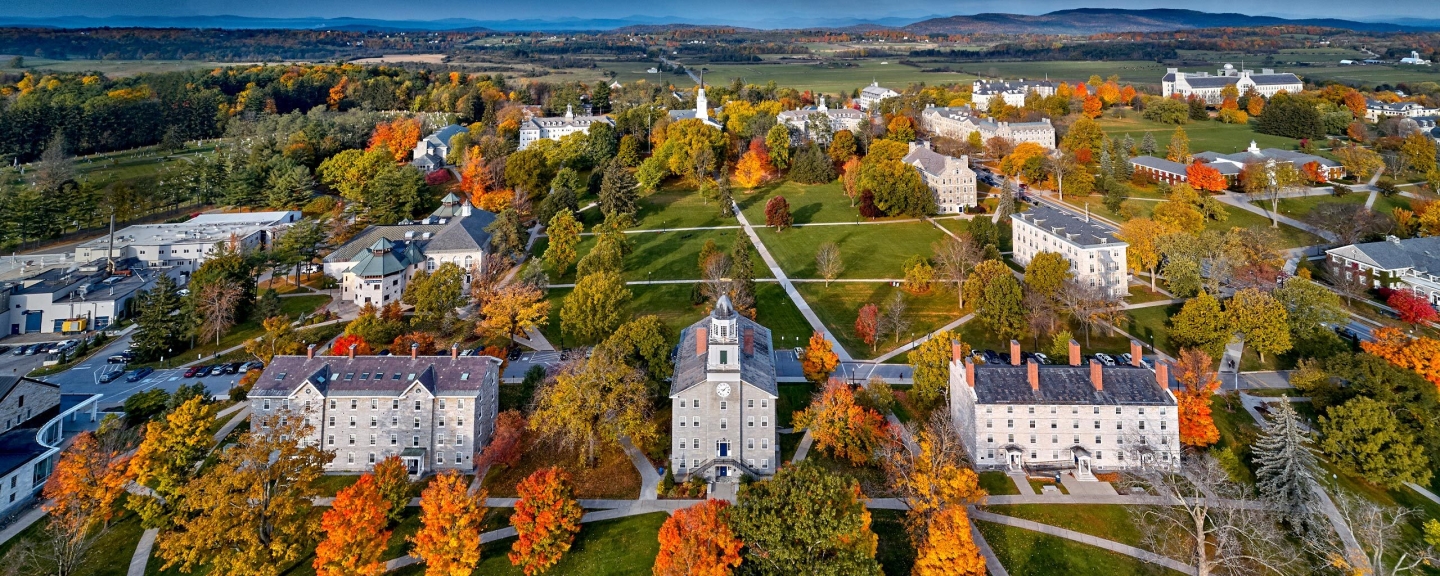
Fall Family Weekend
Thanks for a great Fall Family Weekend 2025!
Thank you for spending time at Middlebury for Fall Family Weekend! Please save the date for next year: October 30–November 1, 2026.
In the meantime, enjoy these photos of the 2025 festivities and families:
Resources for Parents and Families
Visit the Parents and Families website, where you can find many resource links, lodging and dining information for the weekend, and answers to frequently asked questions.
Questions?
Contact the Alumni and Parent Programs team at alumni@middlebury.edu or call 802-443-5183.

